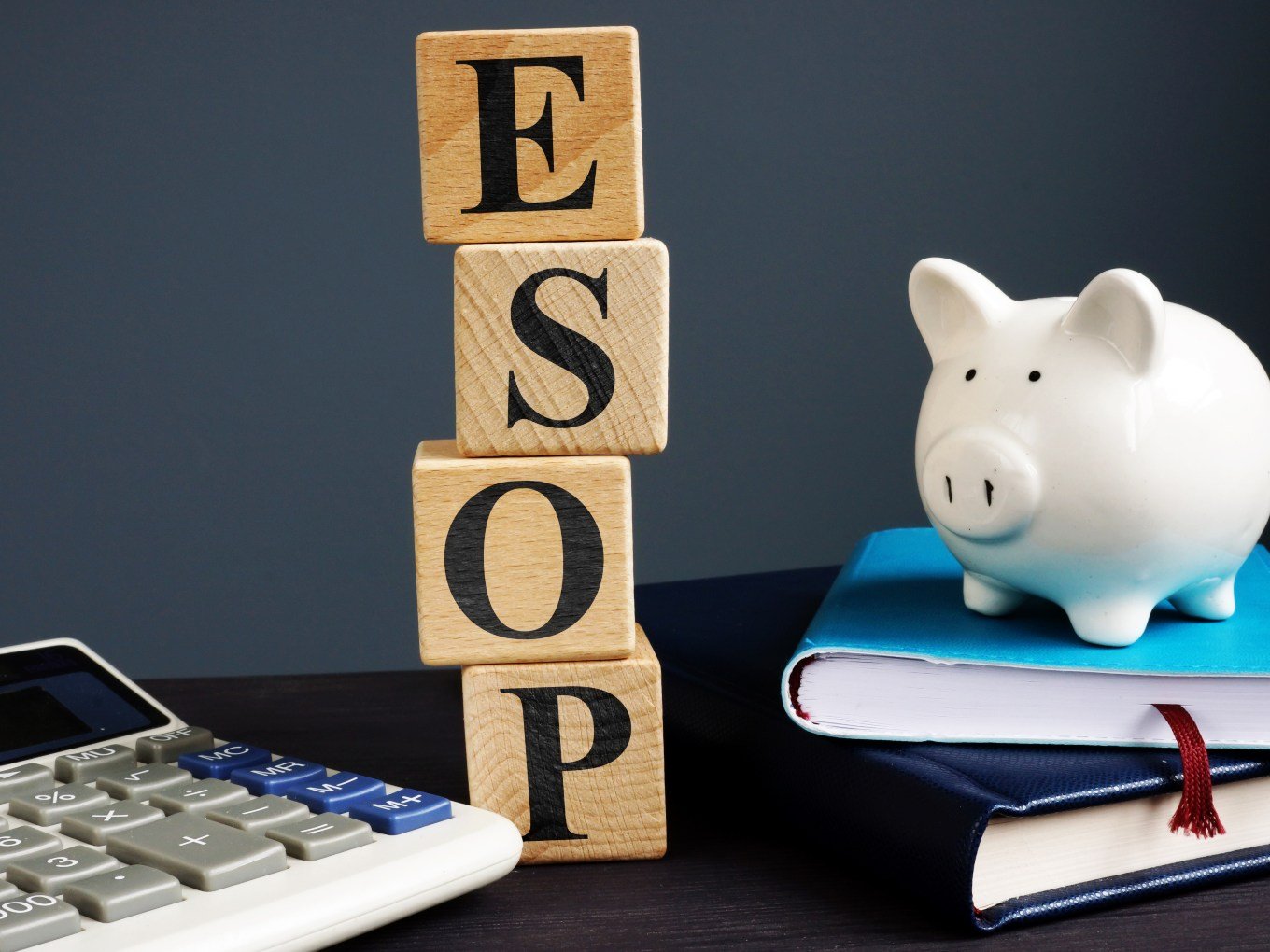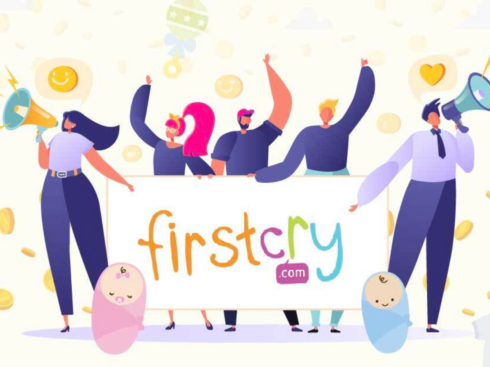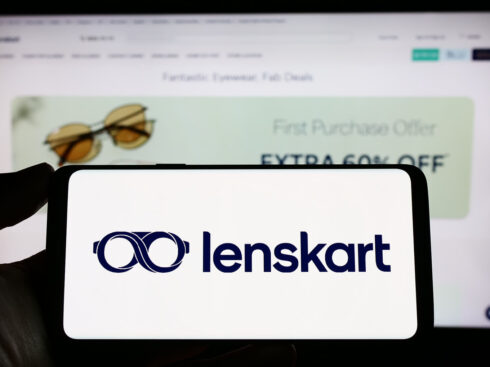
SUMMARY
All Unacademy employees who have been granted ESOPs and have completed more than one year with the company will be eligible to participate in the latest liquidity round
The buyback will also allow exited employees to participate and sell anywhere between 25% to a full 100% of their ESOPs to the company
ESOPs buyback has evolved as a tool for talent retention for Indian startups, as it helps the company give a better pay package to its employees
Bengaluru-based Indian edtech platform Unacademy, on Thursday (October 15), announced that will undertake an ESOPs (employee stock ownership plan) buyback programme worth INR 25-30 Cr in December this year.
All Unacademy employees who have been granted ESOPs and have completed more than one year with the company will be eligible to participate in the latest liquidity round. The buyback, scheduled for December 10, 2020, will also allow exited employees to participate and sell anywhere between 25% to a full 100% of their ESOPs to the company.
Unacademy had conducted its first ESOP buyout in September 2019 and at that time, the buyback pool was about a tenth of the current buyback size, the company’s statement to PTI said.
While announcing the ESOP buyback programme on Twitter, Unacademy’s VP for human resources, Tina Balachandran wrote that the buyback is the company’s way of “paying it forward to every Unacademician”.
“With this move, I would like to thank all our employees for playing a crucial role in the company’s growth. Truly, Unacademy is built by Unacademians, who are giving it their all to make our vision shine brighter.”
Last month, with its Series F round of funding worth $150 Mn led by Japanese multinational conglomerate SoftBank, Unacademy became the latest entrant in India’s unicorn club (startups with a valuation of $1 Bn or more). This year, Unacademy has also acquired edtech startups, namely PrepLadder, Mastree, Kreatryx and CodeChef, thus widening its pool of offerings for students and moving closer to becoming an edtech ‘super app’, one with a range of offerings to offer users complete learning experience.
This year alone, several Indian startups such as Zerodha, CarDekho, BharatPe, Vy Capital and Mobile Premier League (MPL), among others have announced ESOP buybacks. The buybacks assume more significance when they happen in a year where many Indian startups have witnessed a financial crunch amid the Covid-19 pandemic.
For companies that are unlisted, ESOPs for its employees are useless. Hence, a partial exit is simulated for the employees when the company buys back ESOPs from its workforce at the prevailing stock price of the company.
Why Startups Are Increasingly Keen On ESOP Buybacks
Recently, many startups have given ESOPs to their employees in order to retain talent and incentivise financially. “In the past, founders have often encashed some of their stock holdings during higher series investments. But ESOP encashment for employees has become popular only recently,” the founder of Thinvent Technologies and business consultant Saurabh Jain told Inc42.
ESOP buybacks is a relatively recent phenomenon with startups. The trend started in 2018 when Flipkart announced a 100% buyback option of vested ESOPs. “It helps startups to garner experienced people from the market & also motivate its own employee by retaining good talents in the company,” Noida-based financial advisor Harsh Chaturvedi told Inc42.
Why Do Employees Choose ESOPs?
ESOPs allow an employee at a startup to become a bigger part of the success of the company. Founders and investors share the wealth that the company creates with employees through ESOPs.
Such buybacks can be called a method of employee compensation for startups. The scheme is offered to improve pay packages thereby ensuring a higher employee retention rate, which is the biggest challenge faced by many startups today.
“Most employees of startups are youngsters who are generally not aware of ESOPs. When they come to know, it’s a great feeling and they feel part of the team. Startups today also want to share profits with employees. It gives employees better ownership,” Harsh Jain, cofounder and COO of wealth management platform Groww, told Inc42.


























